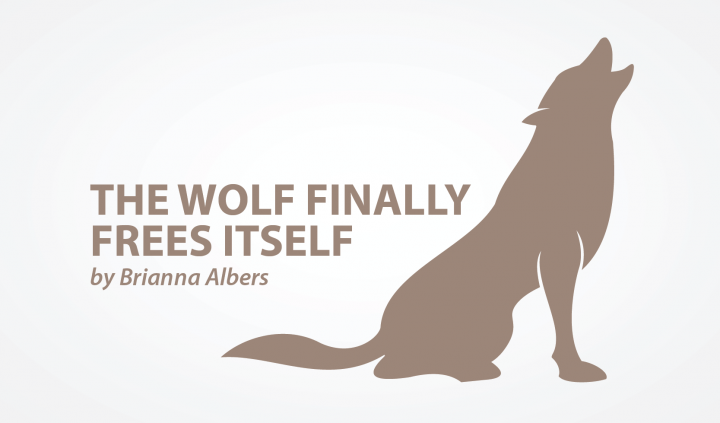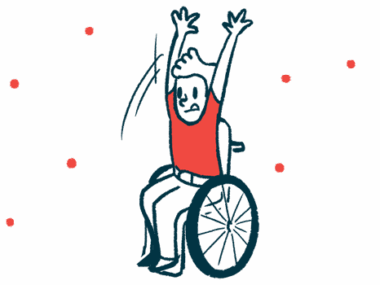Normal-adjacent: Welcome Back, PCAs
Written by |

I hoped that things would “get back to normal” — whatever that means — by mid-summer.
Reader, I was disappointed.
But I’m used to disappointment. After all, I spent the better part of two decades learning to embrace lockdown mentality. I’m an expert at gazing wistfully through windows and wishing I was social distancing in public like the rest of the world. In “Dungeons & Dragons” parlay, quarantine is my favored terrain.
So I’m coping. Stuck at home, yes, but coping still. I recently discovered that my local Cold Stone Creamery operates through DoorDash, so I ordered a pint of my own creation, with peanut butter, caramel sauce, and double the chocolate (chips and shavings, thank you very much). I write, rewatch “Star Wars Rebels,” and play “Dragon Age: Inquisition” while listening to audiobooks. I fall in love with my cat, Rey, a little more every day.
Things are not normal, but they are, for lack of a better term, “normal-adjacent.”
Unfortunately, “normal-adjacent” is here to stay, so we’ve decided to slowly reintroduce my personal care assistants (PCAs). I’ve seen them a few times since the first week of March — once to celebrate my graduation, once to show off Rey, and once for a low-key birthday celebration — but we were either outside or socially distant and appropriately masked. Now they’re in our house, touching our things, reacquainting themselves with the rhythms of daily life.
We didn’t take the decision lightly. Nothing is “normal.” There’s a decent chance that “normal” is a thing of the past. (Real talk: I would be perfectly happy if masks became part of existing in the public sphere. My lungs would undoubtedly benefit. As an SMAer, even something as mundane as the common cold can knock me off my feet.) Part of living with a disability is looking at the obstacles presented by the new normal and choosing to adapt.
Some things you sacrifice. My dad has taken on my personal care for the time being. (Thanks, Dad.) Elena, my caregiver Danielle’s daughter, knows that some things are off-limits — pretending to do my hair and makeup, for example. But some things you can preserve with masks, gloves, and meticulous hand hygiene.
I’m not saying we’ve figured it out. We haven’t. Or, on the off chance that we have, there’s a good chance something will change and force us to completely reevaluate how we go about things. That’s just life. And life with disability involves minimizing risks to maximize what is good and necessary.
My parents need help with taking care of me. I need the company and the functioning hands (I can’t decorate my gallery wall with art prints with the power of my mind, as much as I would like to). I want to prioritize my health, but I also want to financially support the people in my life who do so much for me and my family. It’s a balancing act, and I hope we’ve settled on something safe, responsible, and beneficial for everyone.
Who knows how long it will last? But for now, I’m happy to welcome the PCAs back into the family. We’ve missed you terribly.
(P.S. You might be wondering where my column on “The Pretty One” by Keah Brown is. It’s coming! I’ve been so wrapped up in revising my book, #WaxingCrescent, that I fell behind on my reading. Next week, dear reader! I promise!)
***
Note: SMA News Today is strictly a news and information website about the disease. It does not provide medical advice, diagnosis, or treatment. This content is not intended to be a substitute for professional medical advice, diagnosis, or treatment. Always seek the advice of your physician or other qualified health provider with any questions you may have regarding a medical condition. Never disregard professional medical advice or delay in seeking it because of something you have read on this website. The opinions expressed in this column are not those of SMA News Today, or its parent company, Bionews Services, and are intended to spark discussion about issues pertaining to spinal muscular atrophy.




Leave a comment
Fill in the required fields to post. Your email address will not be published.